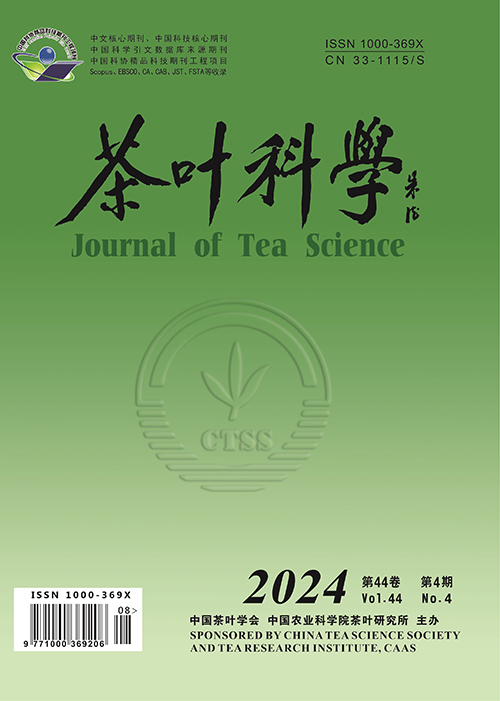全球化前与全球化后的人力资源管理:北孟加拉茶产业的实证研究
引用次数: 1
摘要
目前,由于1991年颁布的液化石油气(自由化、私有化和全球化)政策降低了关税壁垒,放宽了进口数量限制,印度茶业面临着激烈的竞争。北孟加拉的茶园被迫降低劳动力成本以保持稳定的地位,不仅如此,由于盈利能力低,大多数茶园无法按照劳动法的规定减轻对工人的责任。因此,主要依靠茶园生存的工人们不得不勉强糊口。为了一天吃两顿饱饭,他们不得不把孩子卖到不同的茶园。茶工因营养不良死亡在该地区已成为普遍现象。所有这些都导致工人变得更加暴力,采取罢工来向管理部门施压等方式明显增加。本研究重点研究了全球化前后孟加拉地区茶业人力资源管理模式。本研究主要使用原始资料,资料的收集采用分层随机抽样技术。随后进行了相应的分析和结论。本文章由计算机程序翻译,如有差异,请以英文原文为准。
Management of Human Resources during Pre and Post-Globalized Regime: An Empirical Study in Tea Industry of North Bengal
Presently, Indian tea plantation industry has been confronted stiff competition due to reduction of tariff barrier and relaxation of the quantity restriction on import because of LPG (Liberalization, Privatization and Globalization) policy promulgated in 1991. Tea estates of the North Bengal have been forced on reducing labour cost to be in stable position, not only that, due to the low profitability, most of the estates are not in a position to mitigate their responsibilities towards the workers as prescribed by the labour legislations. As a result of that the workers, who are mainly dependent on the tea plantation to survive, had to live hand to mouth. To have a two square meal in a day, they have resorted to sell their child also in different tea estates. Death of tea workers due to malnutrition in this region have become common phenomenon. All these have led to the workers to become more violent, resorts to strike to pressurize on the management, etc. have increased significantly. The present study highlights the pattern of human resource management during the pre and post globalization era in tea plantation industry in North Bengal region. Primary data has been used mainly in this study and collection of which has done with the help of stratified random sampling technique from the selected tea estates. Thereafter analysis and conclusions have made accordingly.
求助全文
通过发布文献求助,成功后即可免费获取论文全文。
去求助
来源期刊
CiteScore
1.50
自引率
0.00%
发文量
2558
期刊介绍:
The Journal of Tea Science was established in August 1964, approved by the Publicity Department, CCCPC. Its title was inscribed by Zhu De, the chairman of CCCPC. It was discontinued during the Cultural Revolution in 1966, and it was reissued in August 1984, approved by the State Scientific and Technological Commission.Academicians Chen Zongmao and Liu Zhonghuaof the Chinese Academy of Engineering served as the directors of the editorial board. The Journal of Tea Science is managed by the China Association for Science and Technology,sponsored by the China Tea Science Society and the Tea Research Institute of the Chinese Academy of Agricultural Sciences, and edited and published by the editorial office of the Journal of Tea Science. It is the only one of Chinese core journals in the field of tea science that is included in the core library of the Chinese Science Citation Database.Its Domestic Unified Serial Number is CN 33-1115/S, its International Standard Serial Number is ISSN 1000-369X and its International publication name code is CODEN-CHKEF4. At present, the Journal of Tea Science is a bimonthly publication, published in the middle of the month, with a book size of 16.

 求助内容:
求助内容: 应助结果提醒方式:
应助结果提醒方式:


